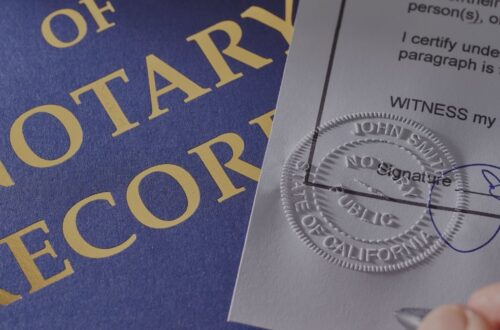Real property owned by multiple individuals is held either as tenants in common, joint tenants with rights of survivorship, or (in the case of married couples) tenants by the entirety. Disputes may arise among joint owners of real property regarding its best and highest use or because personal relationships deteriorate. When parties can’t agree whether to sell the property or how to divide and/or use it, they can turn to the court’s for assistance.
In North Carolina, joint owners of property are entitled to an actual partition of the disputed land as a matter of right, and may institute a special proceeding before the clerk of court to achieve that relief. The court divides property among joint owners in one of two ways: (1) partition in-kind, which is a physical division of the property or (2) partition by sale, which is a forced sale of the property.
Partitions in-kind are the presumed method of partition in North Carolina because the net effect results in the various owners maintaining an ownership interest in real property. All land is unique however, and actual partitions are frequently difficult to achieve. Characteristics such as flood plains, existing structures, zoning/use restrictions, and uneven topography are challenging obstacles to an equitable division of real property. If the court determines a partition in-kind can be accomplished, the clerk appoints a commissioner to oversee the division of property (i.e., by hiring surveyors) to ensure fairness to all parties. Once the land is divided, each person owns their tract individually, as an undivided interest, and can independently decide what to do with their land.
If the unique characteristics of a given tract of land make an in-kind division infeasible, impractical, or unfair, the clerk of court will order a partition by sale. Partitions by sale are most often utilized when the property’s value is predominately a residential dwelling or other structure. Under such circumstances, the clerk appoints a commissioner as a neutral party to oversee a private or public sale of the property. To aid in the sale of the property, the commissioner sets the price of the sale after evaluating the market and comparable sales.
For both a partition in-kind and a partition by sale, the clerk of court determines a reasonable fee for the commissioner’s services, and apportions it among the parties as a cost of the proceeding or from the proceeds of the sale. Once the sale of land is completed, and all fees associated with the sale are paid (often including legal fees), each joint owner receives a portion of the proceeds of the sale based on their respective percentage of ownership in the property.
If joint owners cannot agree whether to sell or how to best use the property, a partition proceeding is the procedure enacted by our legislature for disentangling the various parties’ respective interests. Although a negotiated resolution between the parties is often the best course for all concerned, partition proceedings are an effective means to achieve swift resolution for such disputes. Lindley Law has significant experience in this arena and would be happy to assist you, should the need arise.





